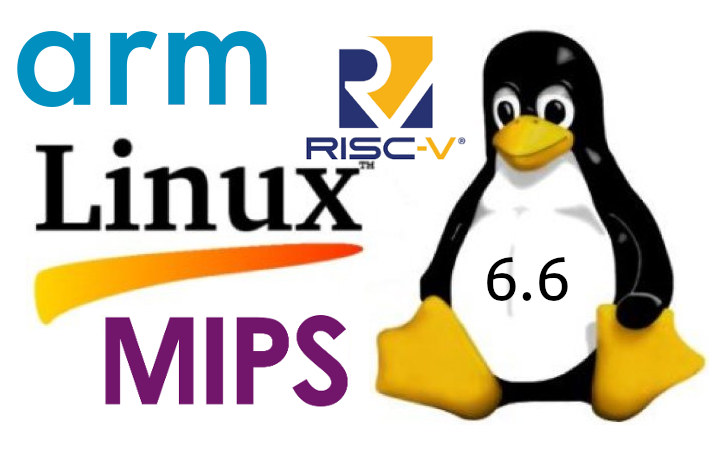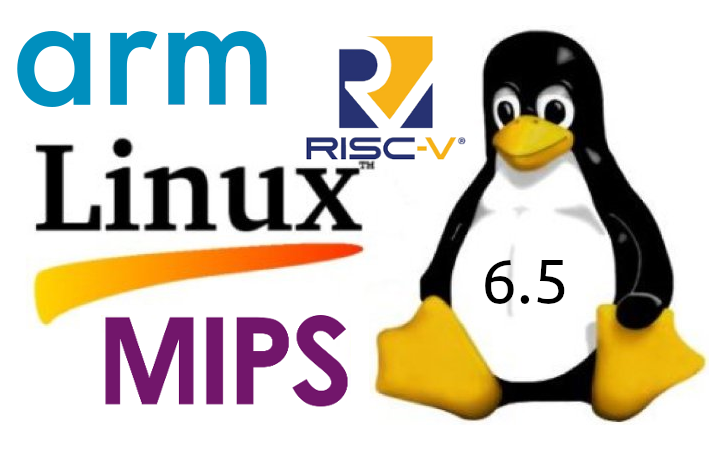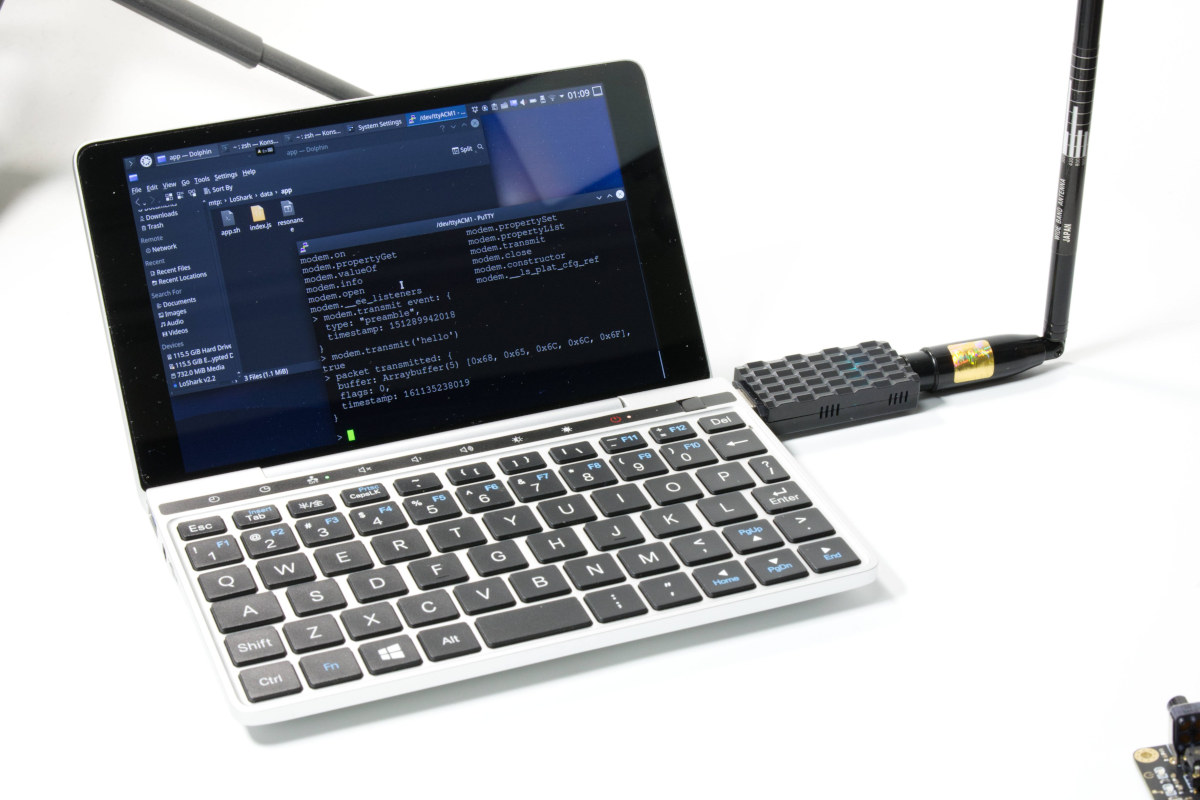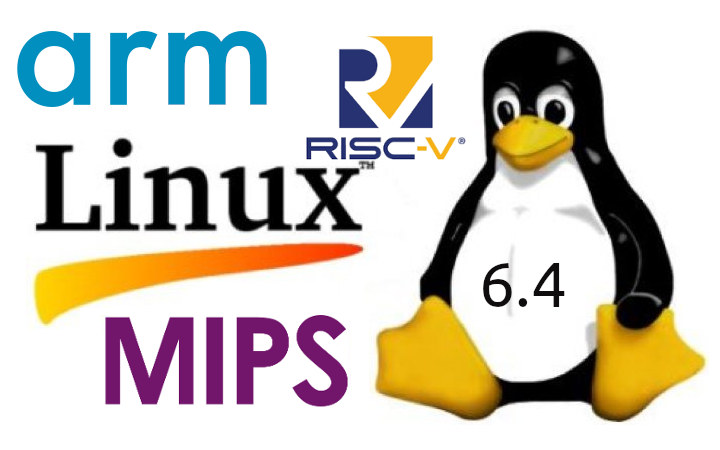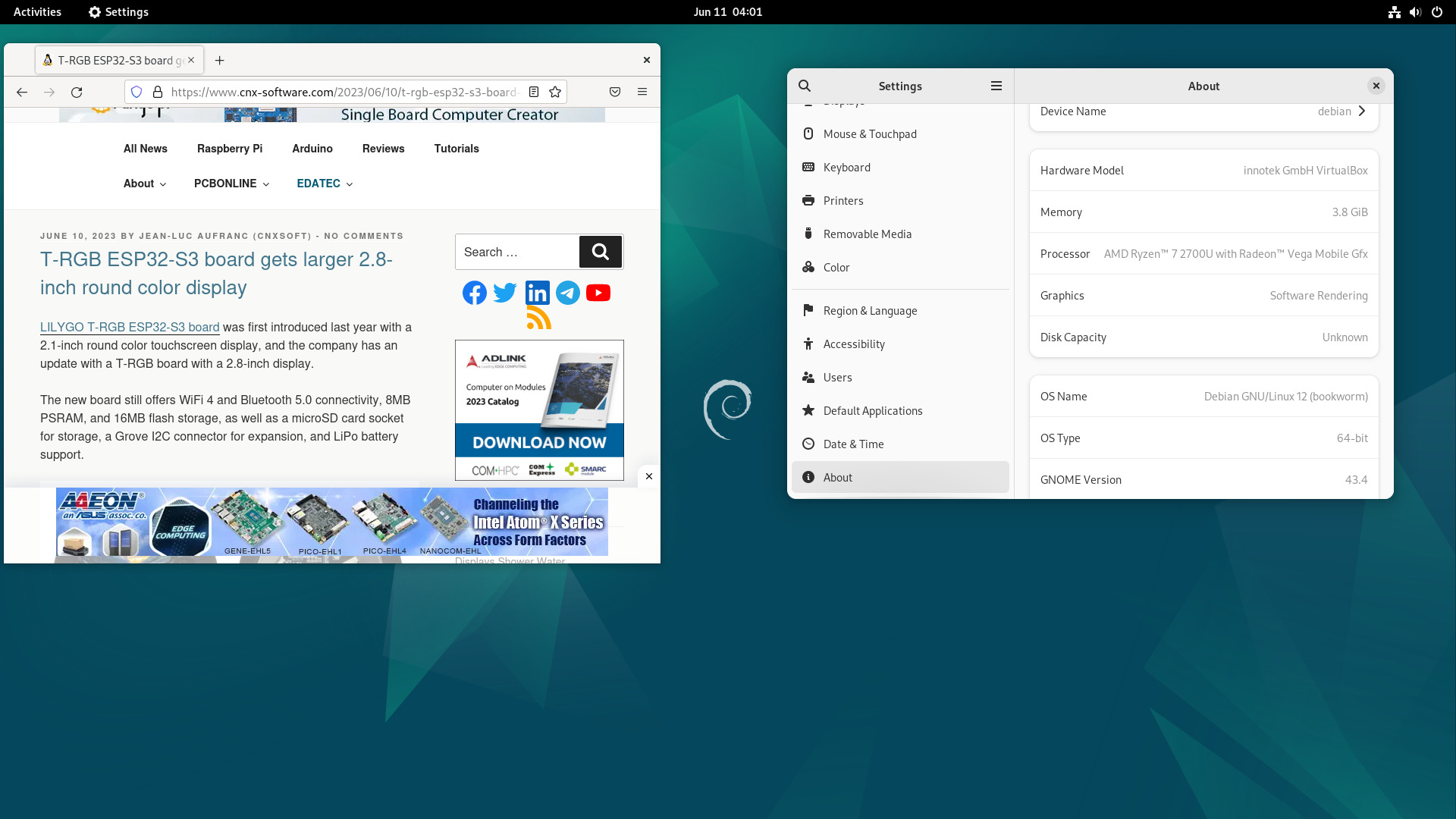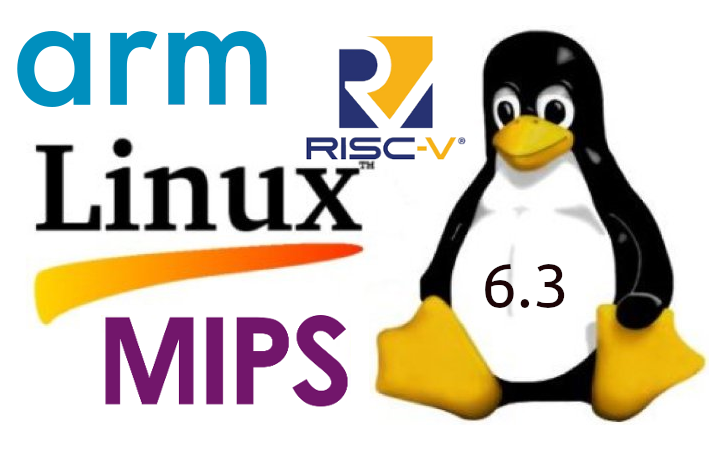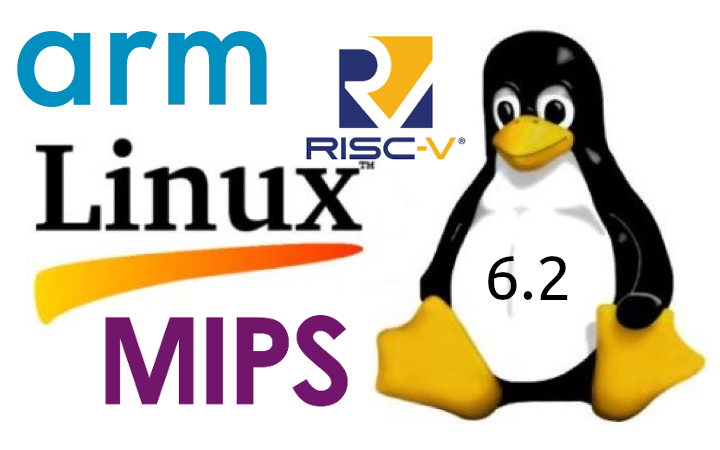The Linux 6.6 release has just been announced by Linus Torvalds on the Linux Kernel Mailing List (LKML): So this last week has been pretty calm, and I have absolutely no excuses to delay the v6.6 release any more, so here it is. There’s a random smattering of fixes all over, and apart from some bigger fixes to the r8152 driver, it’s all fairly small. Below is the shortlog for last week for anybody who really wants to get a flavor of the details. It’s short enough to scroll through. This obviously means that the merge window for 6.7 opens tomorrow, and I appreciate how many early pull requests I have lined up, with 40+ ready to go. That will make it a bit easier for me to deal with it, since I’ll be on the road for the first week of the merge window. Linus About two months ago, […]
Mixtile Cluster Box supports four Rockchip RK3588 SBCs connected over PCIe
The Mixtile Cluster Box is comprised of four Mixtile Blade 3 Pico-ITX single board computers each powered by a Rockchip RK3588 processor and connected over a 4-lane PCIe Gen3 interface through a U.2 to PCIe/SATA breakout board. We mentioned the Cluster Box last year, but Mixtile had few details about it at the time. The company has now released more technical information, worked on the software, and just launched the box for $339 (without the SBCs). Mixtile Cluster Box specifications: Supported SBCs – Up to 4x Mixtile Blade 3 with Rockchip RK3588, up to 32GB LPDDR4 each, up to 256GB eMMC flash each Control board running OpenWrt 22.03 SoC – MediaTek MT7620A MIPS processor @ 580 MHz System Memory 256 MB DDR2 Storage – 16 MB SPI Flash PCIe Switch – ASMedia ASM2824 with four PCIe 3.0 4-lane ports Storage interfaces via 4x U.2 breakout boards 4x NVMe M.2 M-Key […]
Linux 6.5 release – Notable changes, Arm, RISC-V and MIPS architectures
Linus Torvalds has just announced the release of Linux 6.5 on the Linux Kernel Mailing List (LKML): So nothing particularly odd or scary happened this last week, so there is no excuse to delay the 6.5 release. I still have this nagging feeling that a lot of people are on vacation and that things have been quiet partly due to that. But this release has been going smoothly, so that’s probably just me being paranoid. The biggest patches this last week were literally just to our selftests. The shortlog below is obviously not the 6.5 release log, it’s purely just the last week since rc7. Anyway, this obviously means that the merge window for 6.6 starts tomorrow. I already have ~20 pull requests pending and ready to go, but before we start the next merge frenzy, please give this final release one last round of testing, ok? Linus The earlier […]
Sudomaker LoShark L1 LoRa USB dongle runs Linux on Ingenic X1501 MIPS processor
Sudomaker LoShark L1 is a USB dongle with Semtech SX1262/SX1268 LoRa transceiver and a Linux-capable Ingenic X1501 MIPS processor with 8MB on-chip memory that serves as a LoRa debug tool that can use a JavaScript interface to access to all SX126x chip registers. The LoShark L1 USB key offers both LoRa connectivity and debugging capabilities such as packet capture (hence the reference to WireShark) and can operate either independently (standalone) or in conjunction with a PC as shown below with a mini laptop. LoShark L1 specifications: SoC – Ingenic X1501 MIPS processor @ 1 GHz with 8MB DRAM, 2200+ CoreMark, Memory – Optional 8MB PSRAM (Lyontek LY68L6400SLIT) Storage – 4GB MLC or 256 MB SLC NAND flash Wireless connectivity HJSIP HJ-68LR LoRa module based on Semtech SX1262/SX1268 with TCXO Support for 433 MHz, 868 MHz, and 915 MHz bands SMA-F antenna connector USB – 1x USB Type-A male […]
Linux 6.4 release – Main changes, Arm, RISC-V and MIPS architectures
Linux 6.4 has just been released by Linus Torvalds on the Linux Kernel Mailing List (LKML): Hmm. Final week of 6.4 is done, and we’ve mainly got some netfilter fixes, some mm reverts, and a few tracing updates. There’s random small changes elsewhere: the usual architecture noise, a number of selftest updates, some filesystem fixes (btrfs, ksmb), etc. Most of the stuff in my mailbox the last week has been about upcoming things for 6.5, and I already have 15 pull requests pending. I appreciate all you proactive people. But that’s for tomorrow. Today we’re all busy build-testing the newest kernel release, and checking that it’s all good. Right? Released around two months ago, Linux 6.3 brought us AMD’s “automatic IBRS” Spectre defense mechanism, additional progress on the Rust front with User-mode Linux support (on x86-64 systems only), the NFS filesystem (both the client and server sides) gained support for […]
Debian 12 “Bookworm” released with Linux 6.1
Debian 12 “Bookworm” operating system has been released with an update to Linux 6.1 LTS and a new non-free-firmware repository making it possible to separate non-free firmware from the other non-free packages. This follows the Debian 11 “Bullseye” release in August 2021, and the version of Debian will serve as the base for other Linux operating systems such as Ubuntu and derivates, Raspberry Pi OS, and so on. Debian 12 can be downloaded on a choice of desktop environments, namely Gnome 43, KDE Plasma 5.27, LXDE 11, LXQt 1.2.0, MATE 1.26, and Xfce 4.18. Bookworm includes a total of 64,419 packages many of which have been updated the to latest version. Nine architectures are supported by Debian 12 “Bookworm”: 32-bit PC (i386) and 64-bit PC (amd64) 64-bit ARM (arm64) ARM EABI (armel) ARMv7 (EABI hard-float ABI, armhf) little-endian MIPS (mipsel) 64-bit little-endian MIPS (mips64el) 64-bit little-endian PowerPC (ppc64el) IBM System […]
Linux 6.3 release – Notable changes, Arm, RISC-V and MIPS architectures
Linux Torvalds has just announced the release of Linux 6.3 on the Linux Kernel Mailing List (LKML): It’s been a calm release this time around, and the last week was really no different. So here we are, right on schedule, with the 6.3 release out and ready for your enjoyment. That doesn’t mean that something nasty couldn’t have been lurking all these weeks, of course, but let’s just take things at face value and hope it all means that everything is fine, and it really was a nice controlled release cycle. It happens. This also obviously means the merge window for 6.4 will open tomorrow. I already have two dozen pull requests waiting for me to start doing my pulls, and I appreciate it. I expect I’ll have even more when I wake up tomorrow. But in the meantime, let’s enjoy (and test) the 6.3 release. As always, the shortlog […]
Linux 6.2 release – Main changes, Arm, RISC-V, and MIPS architectures
Linux 6.2 has just been released with Linus Torvalds making the announcement on LKML as usual: So here we are, right on (the extended) schedule, with 6.2 out. Nothing unexpected happened last week, with just a random selection of small fixes spread all over, with nothing really standing out. The shortlog is tiny and appended below, you can scroll through it if you’re bored. Wed have a couple of small things that Thorsten was tracking on the regression side, but I wasn’t going to apply any last-minute patches that weren’t actively pushed by maintainers, so they will have to show up for stable. Nothing seemed even remotely worth trying to delay things for. And this obviously means that the 6.3 merge window will open tomorrow, and I already have 30+ pull requests queued up, which I really appreciate. I like how people have started to take the whole “ready for […]


